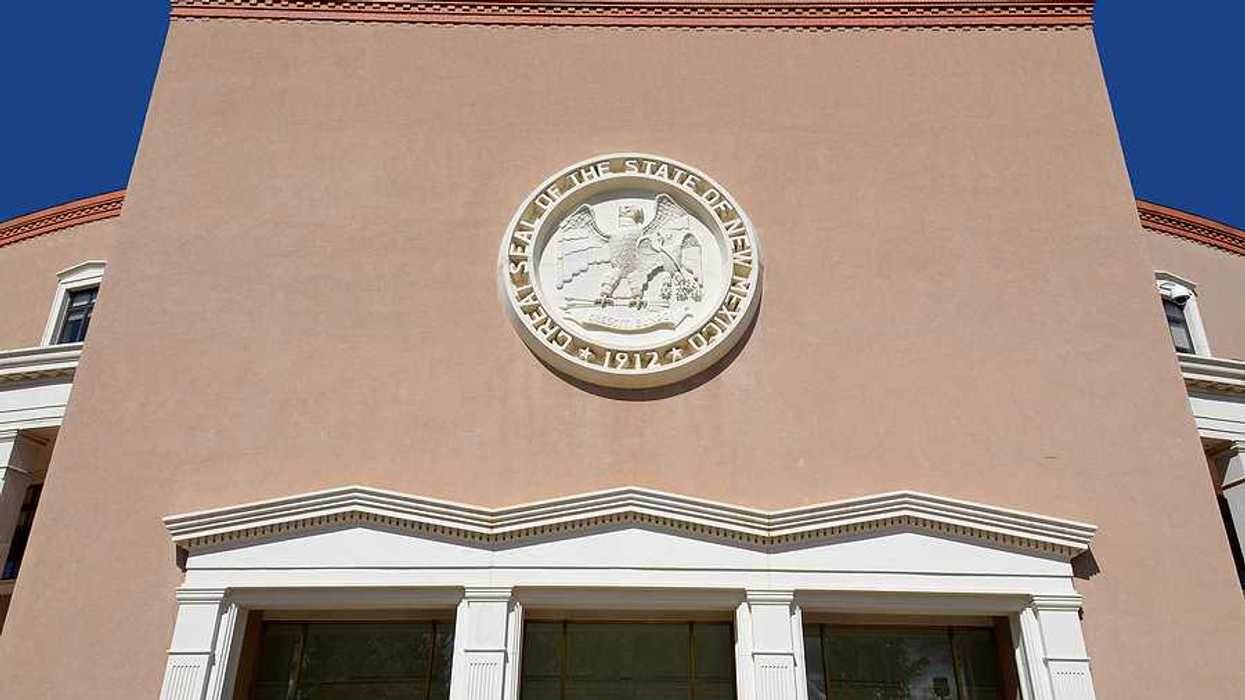Holding science-based courtroom debates could help educate and engage citizens in shaping public policy.
Arik Shams, Leana King and Joy Liu write for Undark.
In short:
- A citizens' jury on genome editing, funded by Wellcome Trust, exemplified a non-traditional method of public engagement in science policy.
- Trust in scientists has declined significantly, highlighting the need for inclusive decision-making involving both experts and the public.
- Science courts, modeled on the U.S. court system, could address policy questions with scientific expertise to foster informed public trust.
Why this matters:
Improving public trust in science through participatory methods can lead to better-informed health policies and greater societal acceptance of scientific advancements. Read more: EPA’s “scientific integrity” program lacks teeth, group alleges.













